The Directors recognise the importance of sound corporate governance and observe the requirements of the Corporate Governance Code published by the Quoted Companies Alliance (the “QCA Code”) to the extent they consider appropriate in light of the Company’s size, stage of development and resources. A copy of the QCA Code is available at: https://theqca.com/corporate-governance/. The QCA Code sets out a standard of best practice for small and midsize quoted companies. The QCA’s ten principles of corporate governance are set out below, along with a description of the Company’s approach to each principle.
Principle 1: Establish a strategy and business model which promotes long-term value for shareholders
The Company is a leading digital asset investment company focused on decentralised and open-source blockchain networks. Founded in March 2016 and publicly traded on London’s AQSE Exchange, KR1 is a permanent capital vehicle focused on long-term capital growth. As such, KR1 has one of the longest track records in the industry and is an early investor in many foundational crypto projects.
Principle 2: Seek to understand and meet shareholder needs and expectations
The Company seeks to communicate with shareholders to ensure that its financial performance and strategy are clearly understood. This is achieved through regular updates by public market announcements. The Company also ensures that its website provides accurate and up-to-date information.
Principle 3: Take into account wider stakeholder and social responsibilities and their implications for long term success
Consideration of all KR1 stakeholders is an integral part of the business’s decision making. We take corporate social responsibilities seriously and work to maintain effective working relationships across stakeholder groups including entrepreneurs and other partners at our portfolio companies, employees, prospects, investors and professional advisers that the business collaborates with in order to achieve long-term and sustainable success. KR1 is renowned in its industry as an entrepreneur friendly investor, supporting founders and founding teams to realise their vision. We view the founders we work with as long-term partners and have established a culture that values and maintains relationships of trust. The Executive Directors maintain an ongoing dialogue with all stakeholders to inform strategy and the day-to-day operations of the Company.
Principle 4: Embed effective risk management, considering both opportunities and threats, throughout the organisation
The Company considers robust systems and controls will enhance the Company’s ability to manage and respond to challenges and opportunities. The Company has a small team and has adopted systems and controls proportionate with the nature and scale of its operations. The Company considers that the controls and procedures it has adopted provide the necessary framework for effective risk management whilst maintaining flexibility, and thereby enhancing opportunities for further development.
Principle 5: Maintain the Board as a well-functioning, balanced team led by the chair
The Board consists of five directors with two executive directors (George McDonaugh and Keld van Schreven) and three independent non-executive directors (Aeron Buchanan, Mona Elisa and Rhys Davies (Non-Executive Chairman)). No one individual or small group of individuals dominate the board’s decision-making process. There is a clear division of responsibilities between the leadership of the board and the executive leadership of the company’s business. The Board considers that each director has the required level of expertise and experience in his or her field, and regular Board meetings are held to discuss all key matters.
Principle 6: Ensure that, between them, the directors have the necessary up-to-date experience, skills and capabilities
The Board is comprised of individuals with appropriate expertise and experience. All directors receive regular updates, attend frequent Board meetings where key issues are discussed at length and may, should they deem necessary, take independent professional advice at the Company’s expense in order to fulfil their duties in an appropriate manner.
Principle 7: Evaluate Board performance based on clear and relevant objectives, seeking continuous improvement
The Board continually reviews the Company’s and its own performance based on internally set performance indicators and utilises such evaluations and indicators to identify areas of success and potential improvement.
Principle 8: Promote a corporate culture that is based on ethical values and behaviours
The Board is conscious to convey and maintain a forward-looking culture throughout the Company, based on ethical values and respect.
Principle 9: Maintain governance structures and processes that are fit for purpose and support good decision making by the Board
As a publicly traded company on London’s AQSE Exchange, the Company intends to comply with the provisions of the QCA Code insofar as is appropriate having regard to the size and nature of the Company and the size of the Board.
Principle 10: Communicate how the Company is governed and is performing by maintaining dialogue with shareholders and other relevant stakeholders
The Company is proactive in communicating with shareholders on an annual basis by way of the Annual Report and the financial statements, and more regularly through the monthly unaudited NAV updates. The Company maintains a comprehensive website, which is available at https://KR1.io/.

